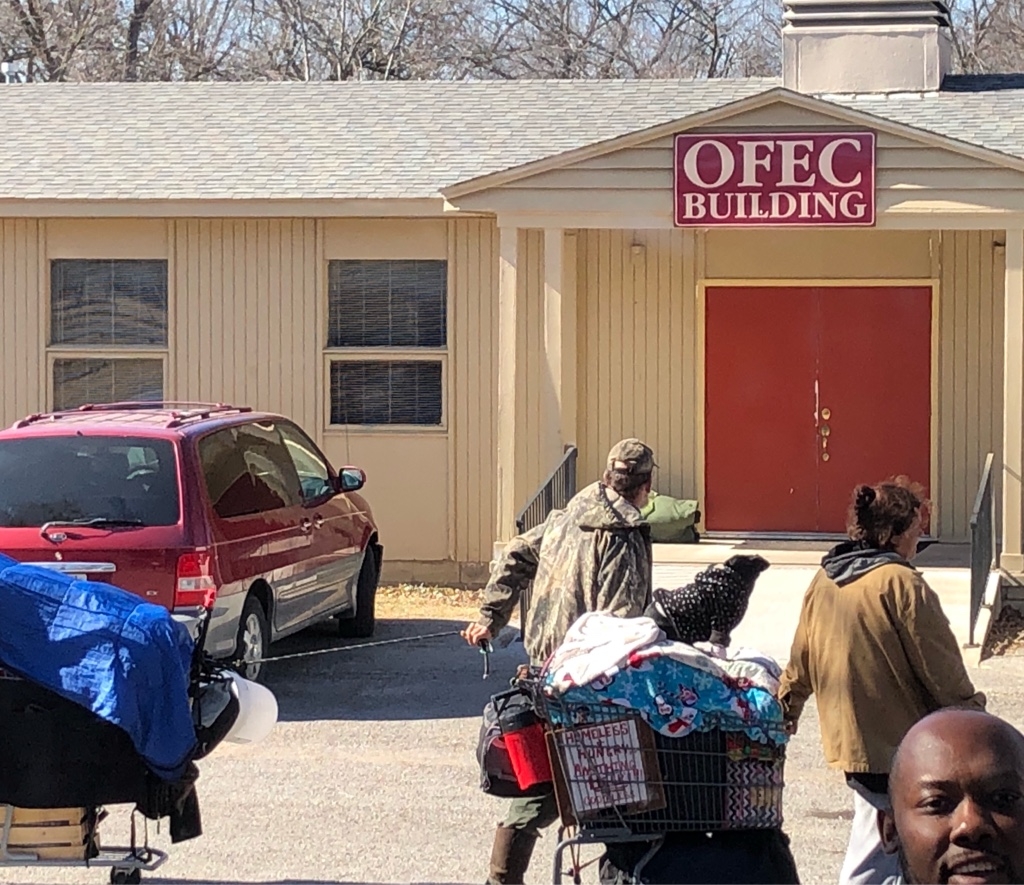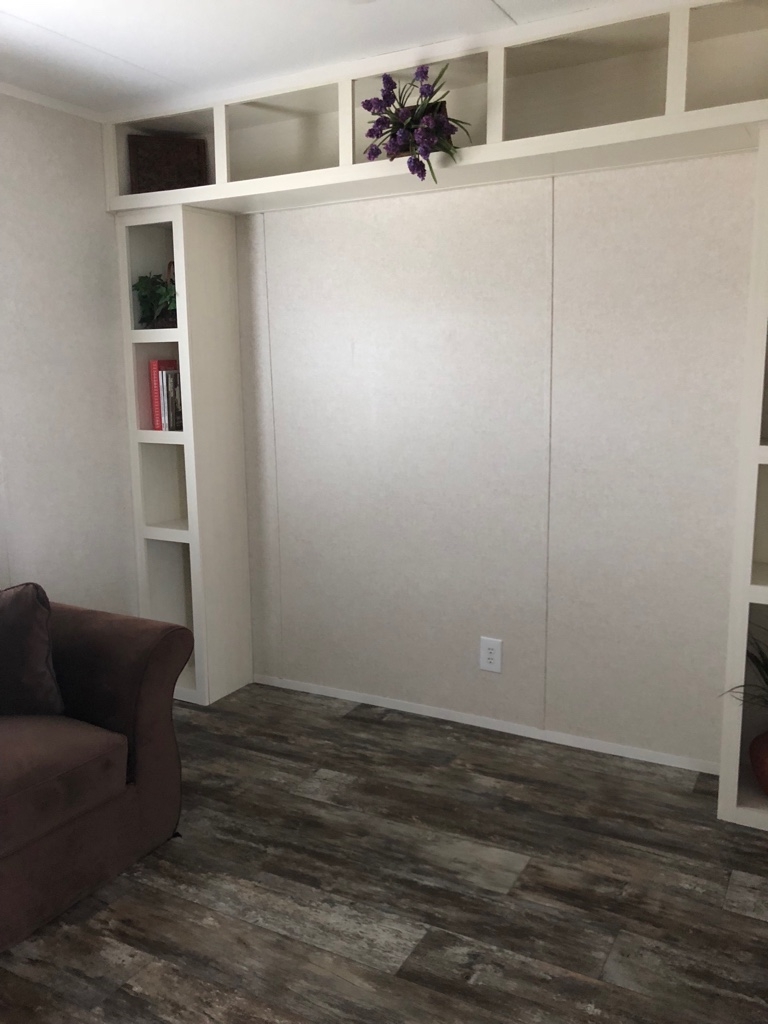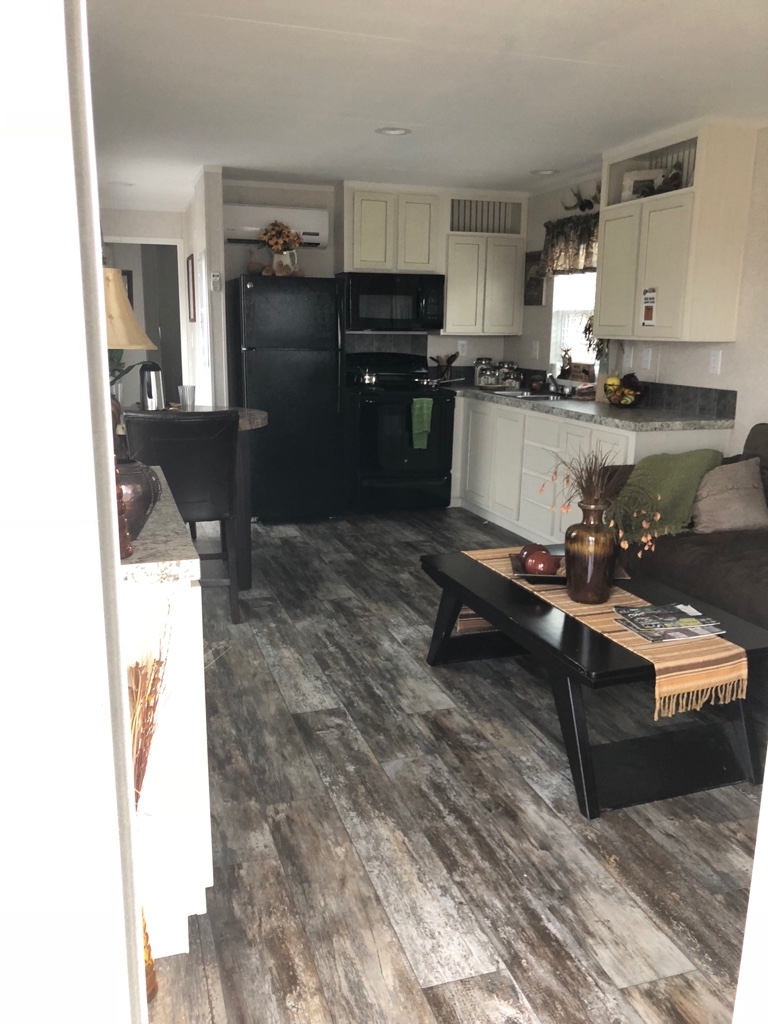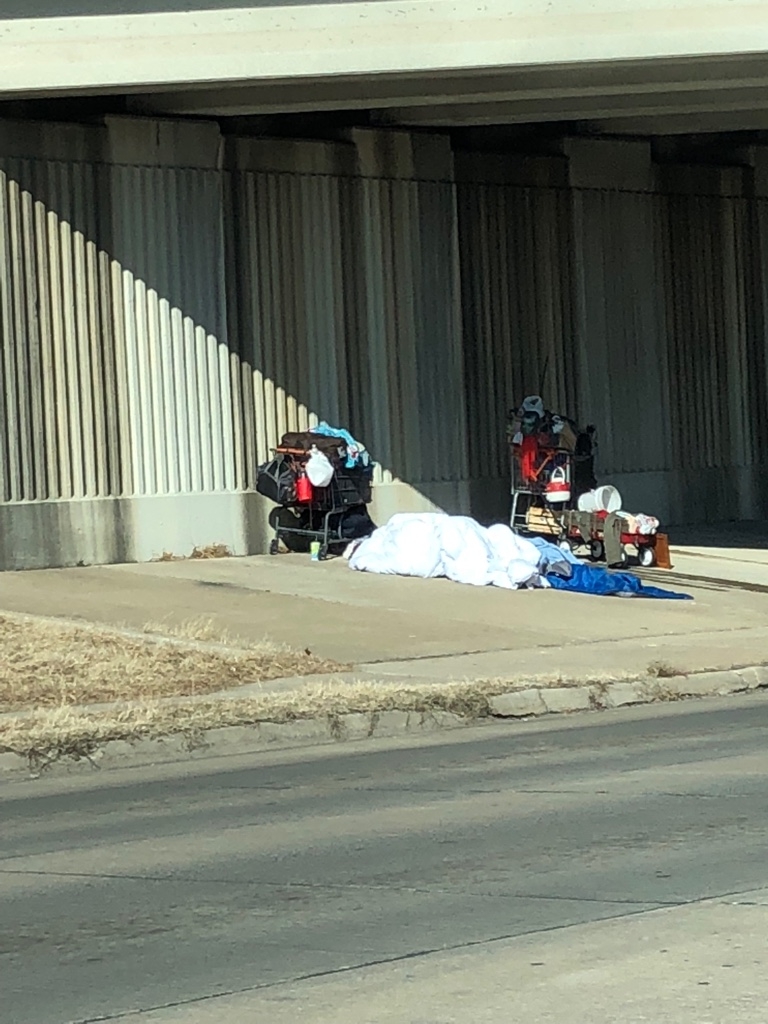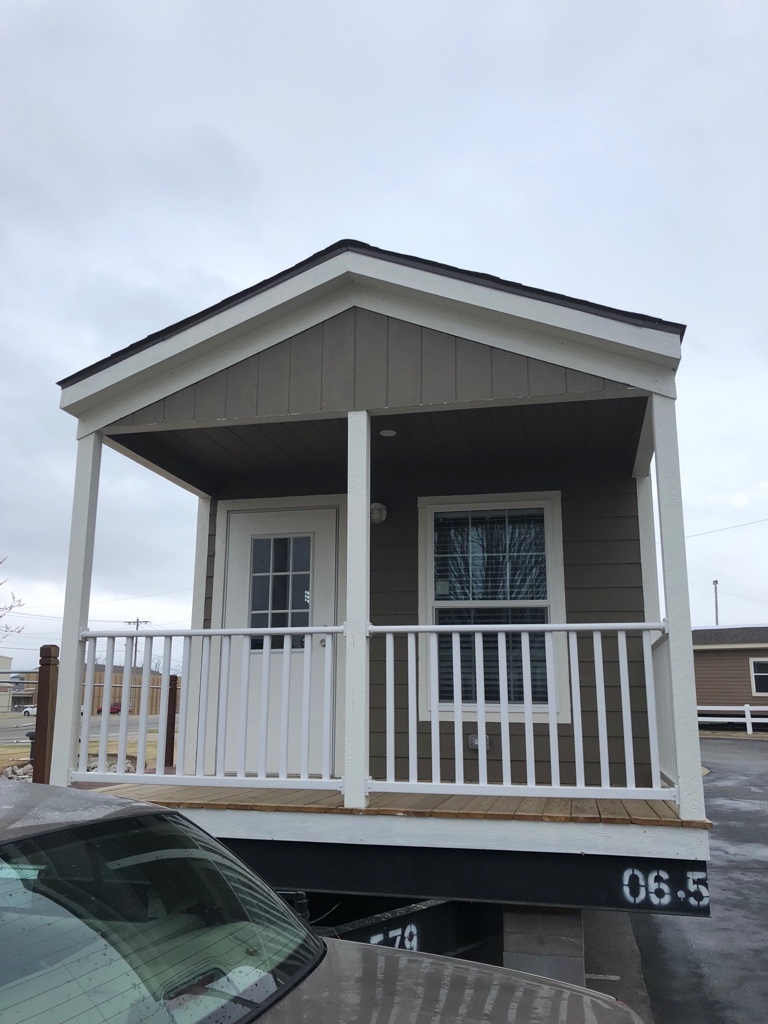Home Doesn’t Have an Address
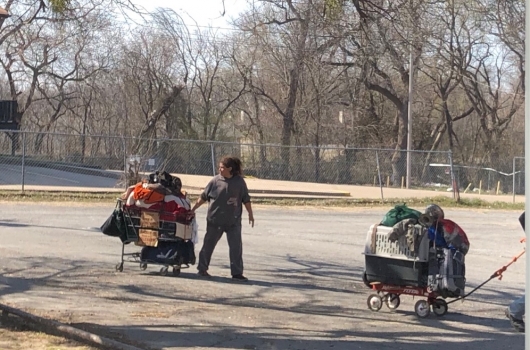
Far too many people across the United States don’t have an address to call home. Having no place to identify as a permanent address, these individuals, and sometimes families, set up camp or seek shelter wherever they can. They often move from hotel to motel, sleep under bridges, in fields, in abandoned buildings, and sometimes at the doors of a business or church. Finding the homeless sleeping at our door is how and why OFEC started its homeless outreach programming in November 2017.
We recognized that they were not only homeless, but hungry. Subsequently, OFEC started its programming by providing two balanced meals (breakfast and lunch), four times a week (Monday through Thursday). Angelia Cherry transitioned from Office Assistant to the newly created Homeless Outreach Coordinator position. She immediately started recruiting volunteers to help, including her mother. Ellicious Starks comes each day and prepares meals. In five months, the program has grown to providing resource referral and linkages, hygiene care packages, a clothing pantry, and housing connections. However, what appears to be the most important factor is the sense of community formed and the development of relationships.
One of those relationships formed is with Gene. He is a white male in his early fifties who stands about 6’3 and weights approximately 175 pounds. He appears to have social skills and enjoys light conversation during lunch. While eating, he would sometimes share different parts of his story. He talked about life growing up in foster care and having a troubled childhood that landed him in a boy’s home. He has been to prison a couple of times. While incarcerated, he learned several trades, including diesel mechanics. But a prison record has made it difficult for him to gain meaningful employment. He and his lady friend (she comes in with him sometimes), were staying in her deceased father’s home at one point. But the house was later condemned by the city. It was boarded up and they were forced to leave, taking only what they able to carry. Having nowhere to go, they set up a tent in a homeless camp. They refer to it as “the woods” behind a local convenience store not too far from OFEC. Living in a tent, with a cook stove and propane heater, they made the best of it there. But after a time, they found it necessary to break camp.
Gene is getting older. Camping in a secluded area, behind brush and trees, became increasingly dangerous. Younger homeless men were a physical threat. They would rob their camp and take their stuff, stuff that they have gathered by dumpster diving, stuff that they would reuse or barter. Gene, his lady friend, and her dog moved and setup under a bridge, the bridge under a main highway located right down the street, a main street in plain view with lights and plenty of passing traffic. Gene said, “It is safer there. Everybody can see us, and we are less likely to get jumped.” He also panhandles on the corner close to that bridge.
Whenever Gene gets enough money from panhandling to pay for a night or two in a hotel room, we always know because he brings their grocery carts to OFEC to be locked up in the shed for safe keeping. Before locking the carts down, he takes out a change of clothes and hygiene items. A hot shower and television is the plan for the evening.
Gene’s story is not unique, it is quite typical of many homeless across the U.S. There are numerous homeless throughout the State of Oklahoma. However, in the City of Tulsa there is a concentrated number of homeless in the east corridor known as Mingo Valley. More specifically, on 11th and Garnett, surrounding the OFEC location, the place that God has positioned us to care for those in the margins. To assist Gene and those, who are homeless like him. Those who simply want a home with an address.
Printer-friendly version here! >>
The NBA incubates new ministries, supporting social entrepreneurs of faith who are serving their communities in a variety of innovative ways and empowering these Disciples-led health and social service projects to focus on growth, impact, and sustainability. Learn more at nbacares.org/incubate or by contacting Rev. Ayanna Johnson Watkins, Director of the NBA Incubate Initiative, at awatkins@nbacares.org.
